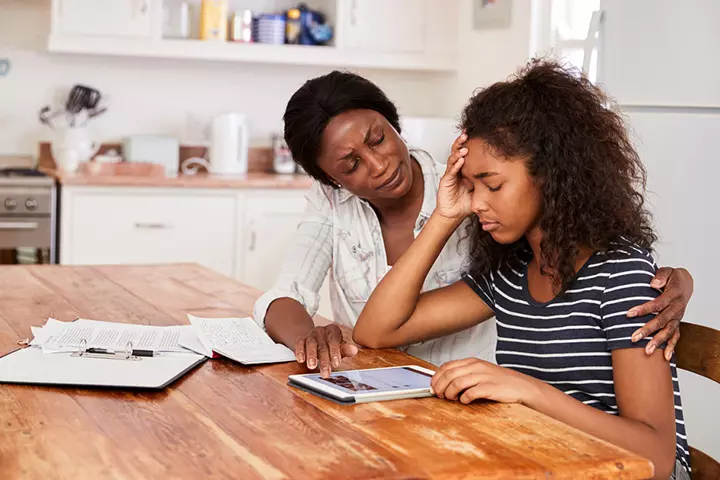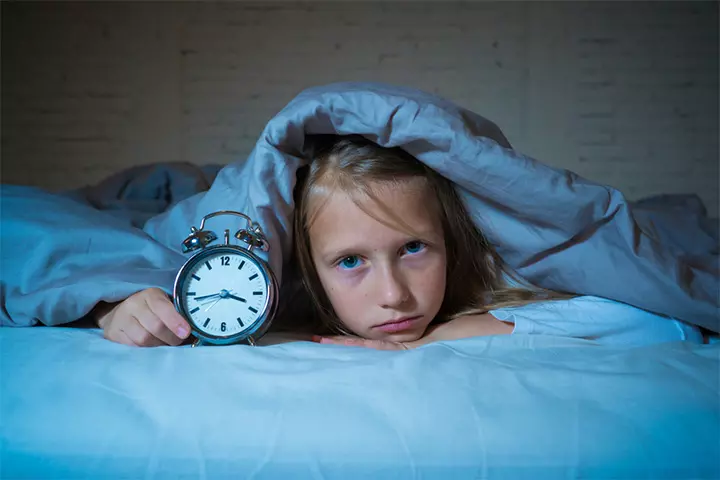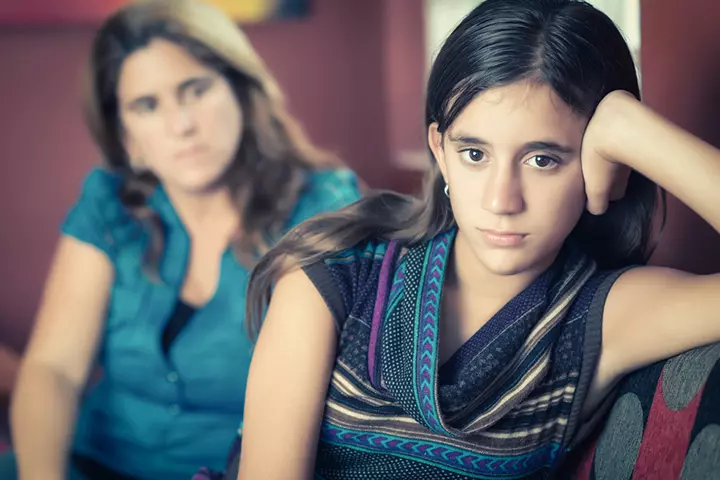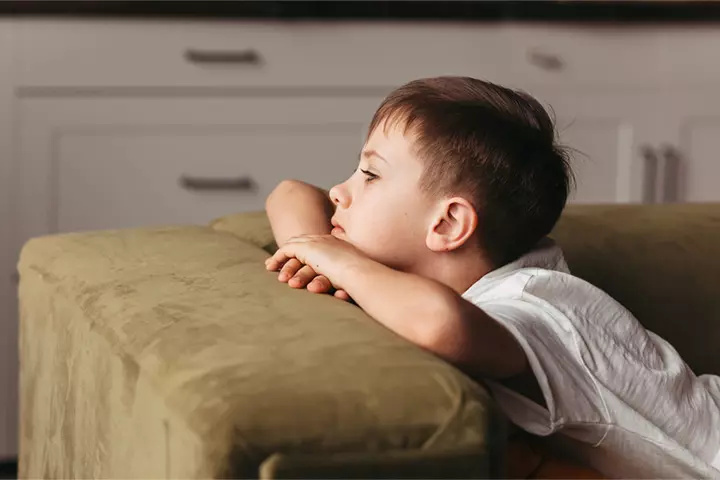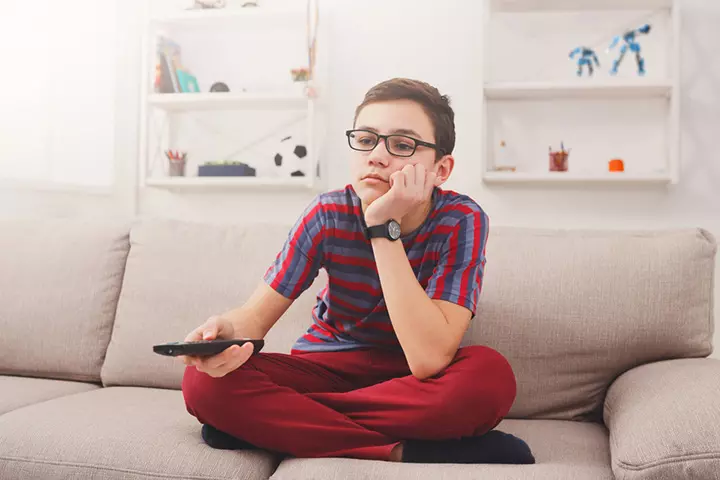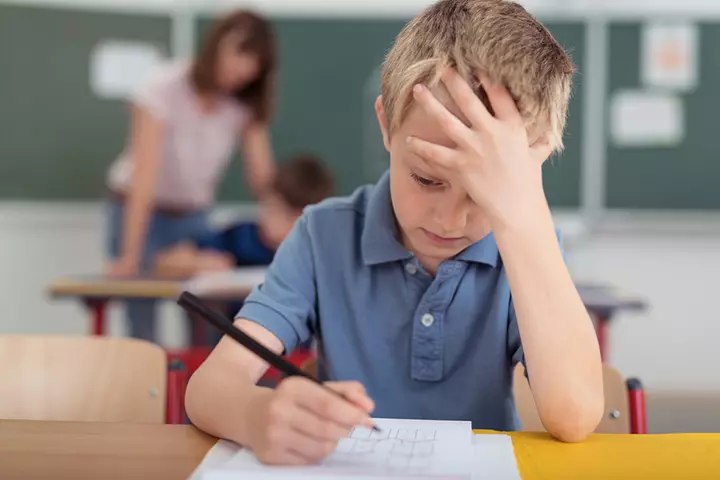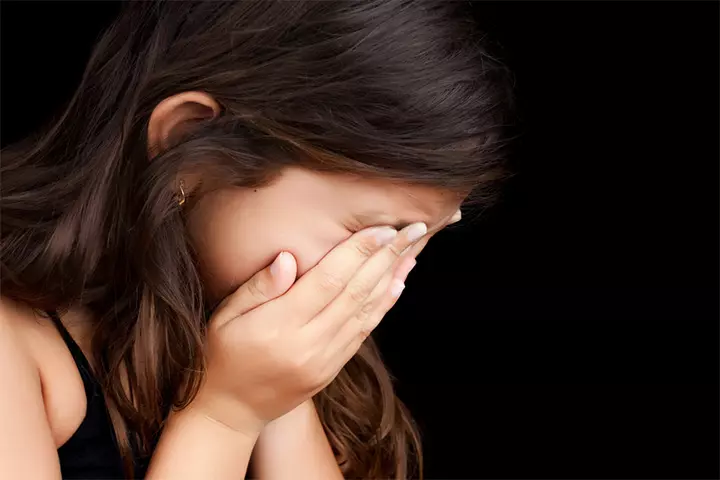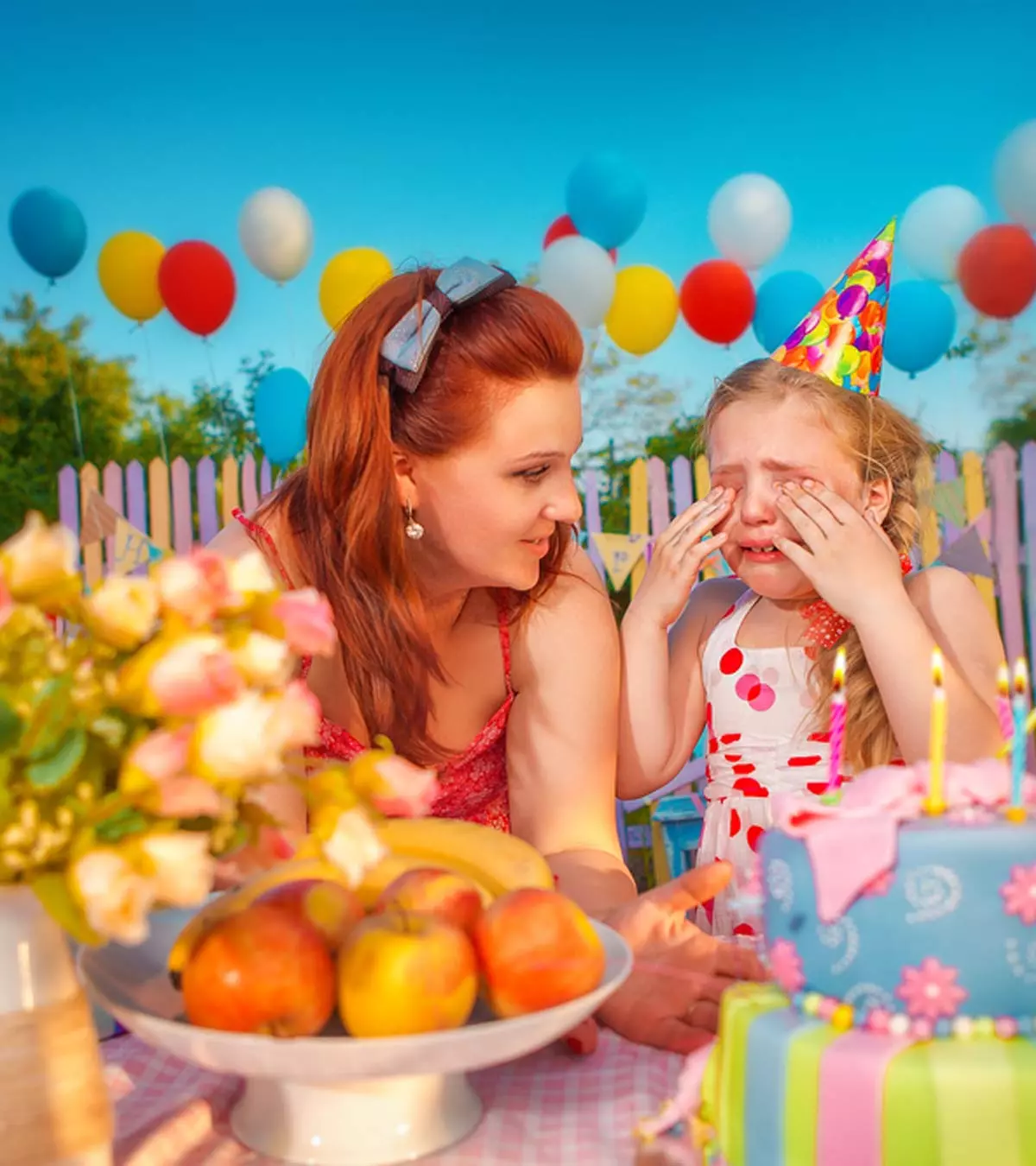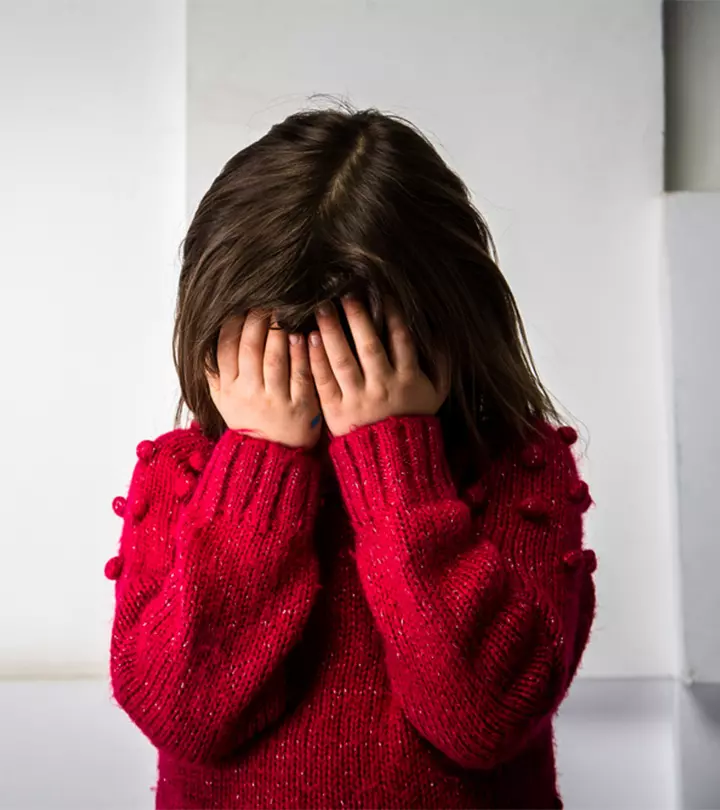

Image: Shutterstock
Mental health and associated problems are a big undercurrent of a problem. It is omnipresent but often shunned and avoided by people and societies all around the world. As such, the problem goes undetected and ignored until the sufferer is pushed to the limits. World Mental Health Day is observed on the tenth of October to address the reservations, stigma, and judgment associated with mental health. On this day, we come together to advocate mental health and spread awareness.
When a person is suffering from mental health issues, it can make a world of difference when they get support and encouragement from their family members and friends. If your child is suffering from a mental health problem, no matter how severe, you need to stay by their side. According to the World Health Organization, close to sixteen percent of the worldwide burden of injury and disease among children and adolescents is caused due to mental health conditions (1).
There’s so much that you, as a parent, can do for your child as they navigate their way through turbulent times. For them, you are the rock on whom they can rely. If you fail to give them the required support in this challenging time, the damage could be much worse. Keep reading to know what the signs of a mental health problem can look like in kids and teenagers, so you are well-equipped to help them efficiently:
Signs To Detect That Your Child Is Suffering
Image: Shutterstock
While physical illness is a lot more apparent and the diagnosis is often very black and white, mental disorders and disease aren’t the same. Problems such as depression, anxiety, insomnia, schizophrenia, phobias, and stress disorders are all hard to identify, especially in the beginning. However, most of these mental health issues have a few signs and symptoms in common. Here’s what you, as a parent, should watch out for (2), (3):
1. Change In Sleep Patterns
Image: Shutterstock
A change in sleep patterns is often associated with mental disorders. Research suggests that problems with sleep were frequently observed in people who were suffering from mental health disorders such as bipolar disorder, depression, and attention deficit hyperactivity disorder. In most cases, a lack of sleep was observed, but excessive sleeping is also not uncommon. Another common behavioral pattern that is closely related to sleep disorders is the lack of energy or vigor. Your child will seem fatigued and tired and overall disinterested in whatever they are doing. If your child has been struggling with sleep, then you might have to take this into consideration.
2. Changes In Appetite
Image: Shutterstock
Another classic symptom, a change in appetite, is closely linked to mental health. If your child is suffering from a mental health problem, the chances are that their appetite will take a hit as well. Interestingly, it can go both ways — there may be a sudden increase in appetite or a sudden drop in the same as well. Unfortunately, your physical health will also be affected if your nutritional intake is compromised. So, tackle this problem at the earliest if you observe it in your child.
3. Display Of Unusual Behavior
Image: Shutterstock
In some cases, you may observe unusual behavior in your child. This could include something as insignificant as tantrums, withdrawal, crying, and confusion. It could also include something much more severe such as delusions, paranoia, distrust, rage, and illogical thinking. It would be best if you watched out for signs where your child feels or complains of being disconnected from reality or from what’s happening around them.
4. A Lack Of Interest
Image: Shutterstock
More often than not, people suffering from mental health issues lose interest in things they previously enjoyed. For example, your child probably enjoyed a particular sport or loved movie nights. All of a sudden, if they display a lack of interest or involvement, it could indicate that something is going on. Also, in addition to what they previously enjoyed, a person suffering from mental health problems may show a lack of interest in pretty much everything.
5. A Drop In Functioning And Productivity
Image: Shutterstock
When you see your child literally giving up on their school work or refusing to do anything that could be productive, don’t just label it as “laziness”. There could be more to it — a drop in routine functioning or productivity could be a sign that your child is suffering from a mental health problem.
6. Trouble In Concentration
Image: Shutterstock
Observe if your child has trouble concentrating for more than a few minutes. This is particularly common in those who have Attention Deficit Hyperactivity Disorder (ADHD). Most of the time, this is also coupled with restlessness, being fidgety, and anxiety.
7. Expressing Negativity
Image: Shutterstock
Watch out for signs that your child has been dwelling in negativity. They may express their thoughts via words or actions. This could include a peculiar obsession with death and pain, not believing in positive possibilities and excessive self-criticism. They may say something during a normal conversation or have a sudden outburst.
8. Apathy
Image: Shutterstock
Apathy is the term used to describe the lack of concern or the lack of emotion. Apathy is commonly observed in those suffering from depression and social anxiety disorder. In such cases, a person will often express little to no emotion in situations that would otherwise be emotional.
The first step to fixing a problem is by accepting that there is a problem in the first place. Don’t be ashamed of your child if they are struggling with mental health problems — and make sure they aren’t ashamed of themselves either. This World Mental Health Day, whether or not your child is suffering, make an attempt to talk about mental health. Conversations and communication among parents and children go a long way in helping kids deal with mental health struggles. The time is long due for us to be normalizing mental health and to be receptive to help when it is offered. Have you spoken to your child about mental health? Let us know in the comments section below!
References
- Adolescent mental health
https://www.who.int/news-room/fact-sheets/detail/adolescent-mental-health - Child and Adolescent Mental Health
https://www.nimh.nih.gov/health/topics/child-and-adolescent-mental-health - Symptoms of Mental Health Problems: Children’s and Adolescents’ Understandings and Implications for Gender Differences in Help Seeking
https://www.ncbi.nlm.nih.gov/pmc/articles/PMC4540163/
Community Experiences
Join the conversation and become a part of our nurturing community! Share your stories, experiences, and insights to connect with fellow parents.

